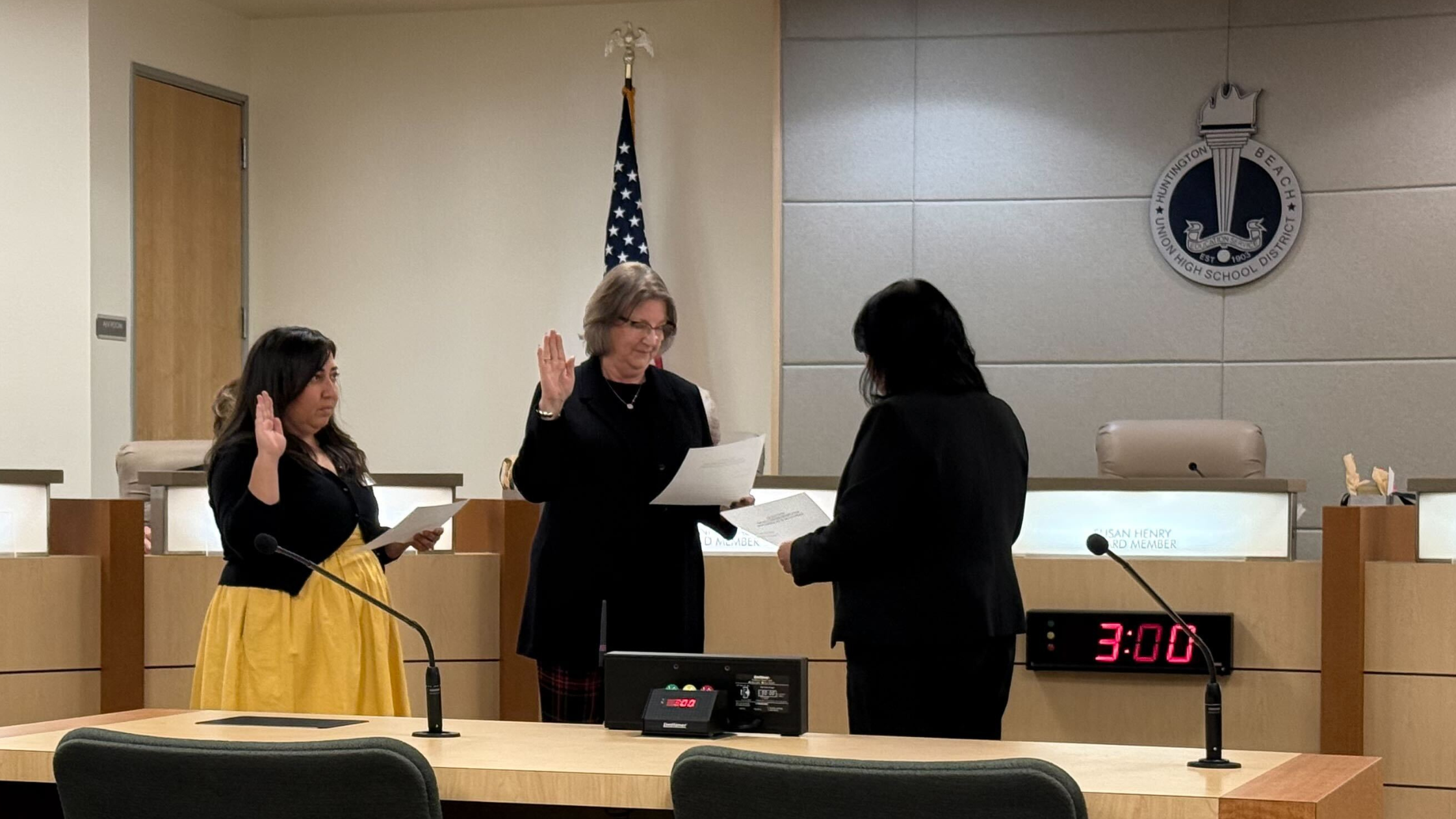Want more women in politics? Start with student government.

As I enter into my first 180 days of office as school board trustee, I find myself reflecting on the “how.” How did I get to the day I take the oath of office? There are many life experiences that prepared me but I keep thinking back to my time serving in college student government. The decision to run in college almost mirrored when I first decided to run for office. There was a moment when I just knew that’s what I wanted to do and felt called to serve.
When running for office, candidates can expect to be asked why they’re running for office on an almost daily basis. We learn from candidate training programs like IGNITE’s Run Now program to reflect on our values, practice our elevator pitches, and adapt our answer to best communicate to different stakeholders. By the time election day comes, candidates can state their “why” in their sleep. It’s an important question because constituents want to know what a candidate stands for and how they’ll serve the community. At school, my “why” was to represent the student voice in university policy decisions and increase student engagement.
As we strive to increase representation of women in public office, we have to consider student government as a key part of the leadership pipeline. I hope women actively serving in student government can see themselves running for public office, knowing their work on campus serves as valuable and relevant experience.
My own experience in student government at Cal State Fullerton was transformative. Our student government operated as its own 501(c)(3) organization, which meant that I learned about nonprofit operations and how to direct a multimillion dollar corporation in my early twenties. Student government leaders are not only listening to their constituents - they’re also actively advocating on their behalf and writing policies that benefit the communities they serve. As chair of the board of directors, I had a seat on the university’s faculty senate. I shared realistic student experiences as the university was trying to respond to the devastating impacts of the Great Recession and pushed back on some of the assumptions that all students would be able to bear the cost of rising fees.
At IGNITE, I was excited to launch the Women in Student Government College Council series and see it continue to grow. For many years prior, I served as a staff advisor to student government associations. Although the research about college women’s aspirations to run for office often mirrored the research we see for larger offices, I couldn’t direct my students to a national community for women actively serving in student government. The Women in Student Government College Council begins to fill that gap.
Supporting this unique group starts with building community and showing pathways of alumni who have entered the political arena. In my own experience running for public office, I appreciated having a network of women I could lean into for support and found joy in rooting for each other. Even when I lost my first two elections, I was happy to celebrate the wins of other women in my circle. The Women in Student Government Council provides a space for women actively serving in student government to network with each other, share challenges and solutions, and to lift others up. If we build that network of women in office supporting each other sooner, we can strengthen the path for more women to enter and thrive in political leadership.
While gender parity is still a work in progress, at IGNITE, we have a network of women who are not only qualified but have the transferable skills from their roles in student government. At our most recent Women in Student Government Council, 69% of our attendees said that they had considered running for office one day as a result of their experiences in student government. Imagine what the next decade could look like if we continued to support this network of women and give them the credit they deserve for the work they’re already doing.
